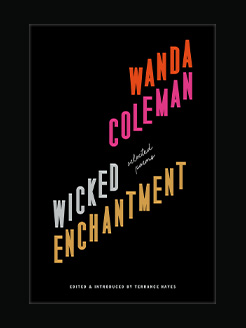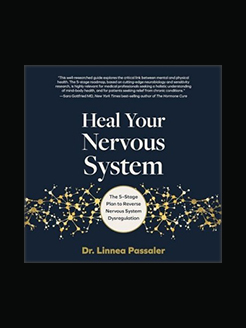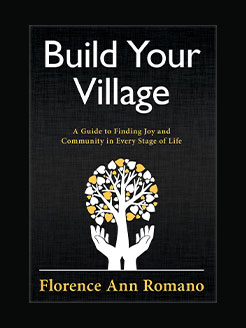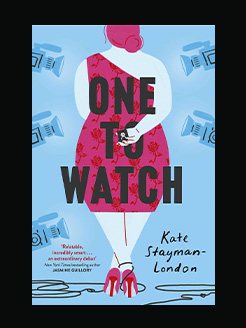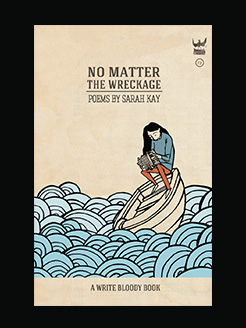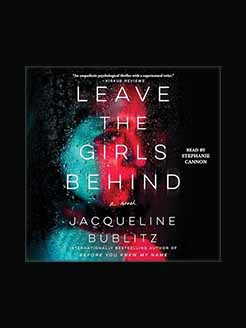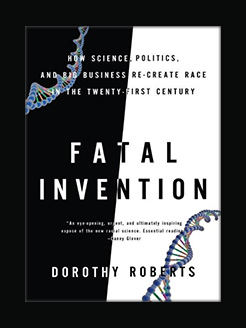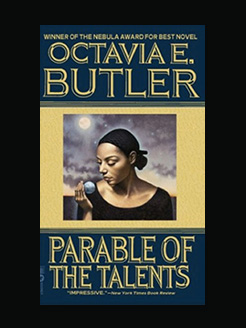Published in 2013 (first published 1986)
84 pages
Doris Lessing – Both of her parents were British: her father, who had been crippled in World War I, was a clerk in the Imperial Bank of Persia; her mother had been a nurse. In 1925, lured by the promise of getting rich through maize farming, the family moved to the British colony in Southern Rhodesia (now Zimbabwe). Like other women writers from southern African who did not graduate from high school (such as Olive Schreiner and Nadine Gordimer), Lessing made herself into a self-educated intellectual.
In 1937 she moved to Salisbury, where she worked as a telephone operator for a year. At nineteen, she married Frank Wisdom, and later had two children. A few years later, feeling trapped in a persona that she feared would destroy her, she left her family, remaining in Salisbury. Soon she was drawn to the like-minded members of the Left Book Club, a group of Communists “who read everything, and who did not think it remarkable to read.” Gottfried Lessing was a central member of the group; shortly after she joined, they married and had a son.
During the postwar years, Lessing became increasingly disillusioned with the Communist movement, which she left altogether in 1954. By 1949, Lessing had moved to London with her young son. That year, she also published her first novel, The Grass Is Singing, and began her career as a professional writer.
In June 1995 she received an Honorary Degree from Harvard University. Also in 1995, she visited South Africa to see her daughter and grandchildren, and to promote her autobiography. It was her first visit since being forcibly removed in 1956 for her political views. Ironically, she is welcomed now as a writer acclaimed for the very topics for which she was banished 40 years ago.
In 2001 she was awarded the Prince of Asturias Prize in Literature, one of Spain’s most important distinctions, for her brilliant literary works in defense of freedom and Third World causes. She also received the David Cohen British Literature Prize.
She was on the shortlist for the first Man Booker International Prize in 2005. In 2007 she was awarded the Nobel Prize for Literature.
What is this book about?
The celebrated author explores new ways to view ourselves and the society we live in, and gives us fresh answers to such enduring questions as how to think for ourselves and understand what we know.
good review from Raul on goodreads:
Doris Lessing was born in Persia but raised in Southern Rhodesia, present day Zimbabwe. Her living and witnessing the brutal racism by the white colonialists in Zimbabwe against the black population awakened her activism against colonialism and oppressive structures which in turn influenced her writing. In this series of essays Doris Lessing examines how and why societies revert back to cruelties and authoritarianism after years of progress.
There’s a particular description of Margaret Thatcher’s campaign that was so shocking to me.
“When Mrs. Thatcher was elected for her second term of office, she employed
Saatchi & Saatchi, a big advertising firm, to handle her campaign. These people
used every trick in the book, from turns of phrase calculated to arouse easy
emotions, to the colours of her dresses and the curtains she stood in front of, to
calculated entrances and exits and the use of the media.”
Seems eerily familiar? The use of a firm to manipulate the public for political purposes? It was so odd reading these essays and recognising what Lessing had observed and written about in the 80s replicate itself in such a similar manner. Doris Lessing explores “group pressure” and how dangerous it is for a society, the importance of social sciences and history and literature in learning about ourselves and how history repeats itself while guarding ourselves against institutions, governments and groups that may use all this information for ill motives.
A small book but a mind opening read
